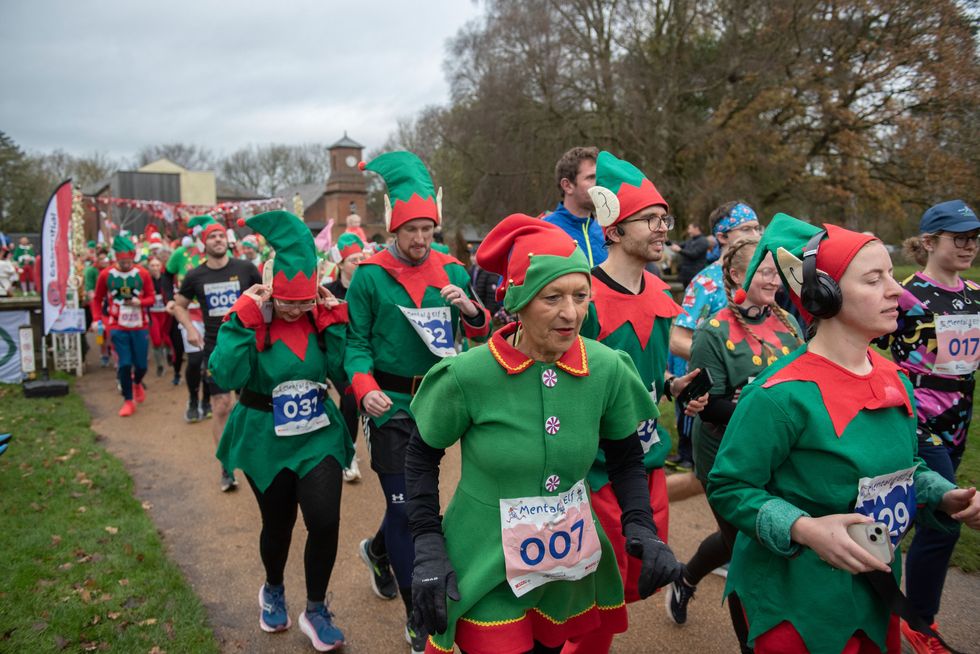Consumers will pay more for less this Christmas despite spending more than what they did in 2022, , economists have warned.
According to data from the Centre for Economics and Business Research, average UK household will shell out £550 on festive goods and services, including food, alcohol, toys, games and clothing. This is up £70 from last year.
However, in real terms, the value of that outlay will only be slightly better than 2022 – and consumers would have to spend another 20 per cent more on top to get the kind of Christmas they enjoyed in 2019.
According to Cebr, an economic consultancy, the cost of Christmas is up nearly a quarter in three years. Those looking to drown their sorrows through the cost-of-Christmas crisis will feel the pain even more, with the price of booze rising even faster than food in the last year.
Alcohol and tobacco only accounts for £26 in the average basket, with spending on drink expected to rise 26% this year.
Food is the biggest portion, accounting for an average £135, up about 23 per cent. Average expenditure on toys, games, and clothing, is expected to go up by about 20 per cent for Christmas 2023.
Fierce competition between supermarkets over the headline cost of the staples means the average price of dinner for four is up only 1.3 per cent this year to £31.71, according to research from Kantar last week – well below the 9.1 per cent rate of general grocery inflation recorded last month.
Brussels sprouts are now 4.3 per cent cheaper than in December 2022 in contrast to cranberry sauce that is about 26.5 per cent pricier.










 A woman browses some of the Christmas gift ideas in a store on December 13, 2024 in London, England. Photo by Leon Neal/Getty Images
A woman browses some of the Christmas gift ideas in a store on December 13, 2024 in London, England. Photo by Leon Neal/Getty Images











